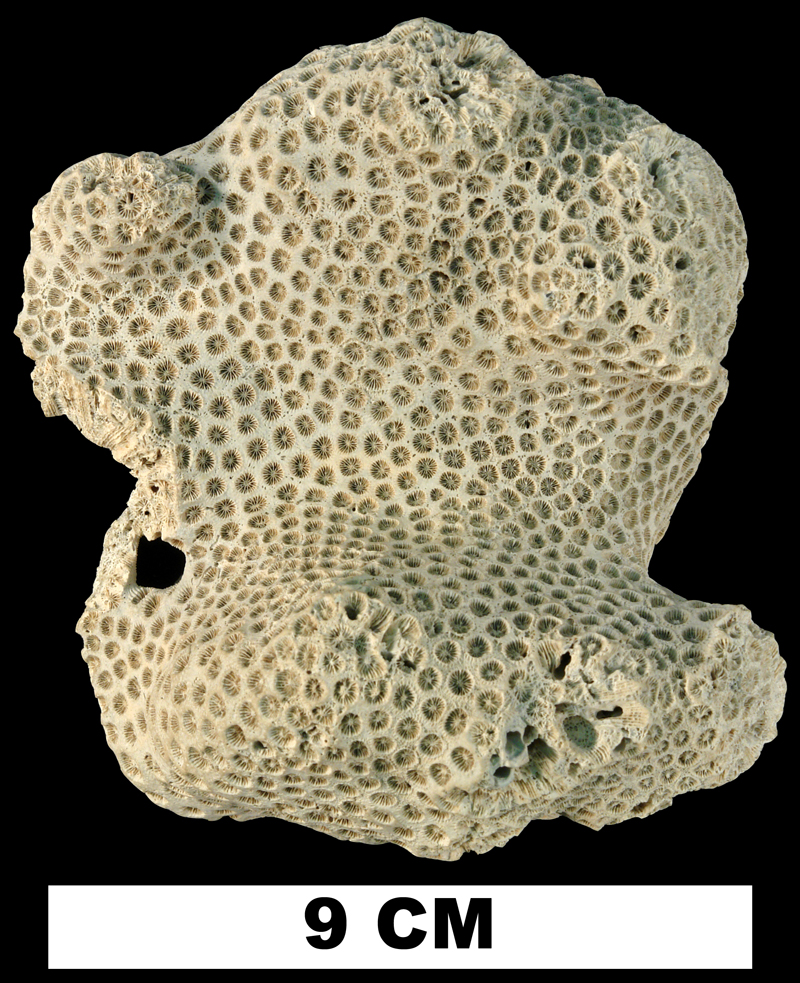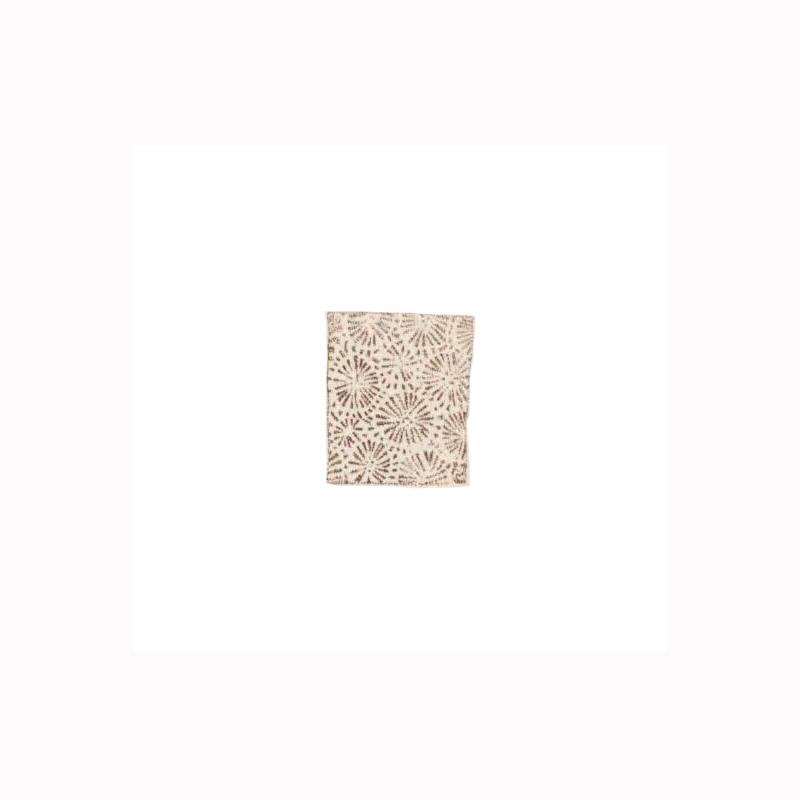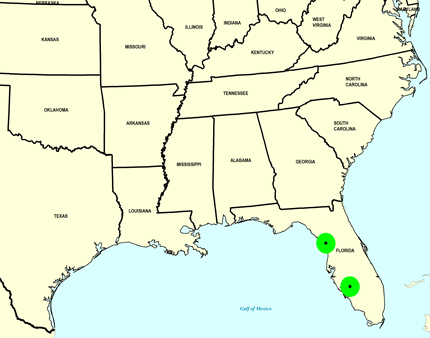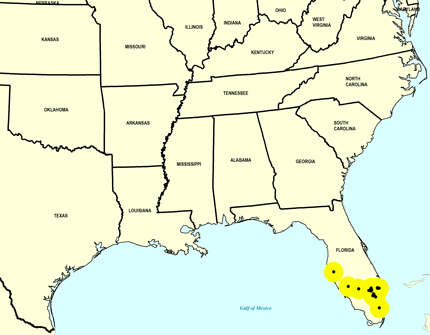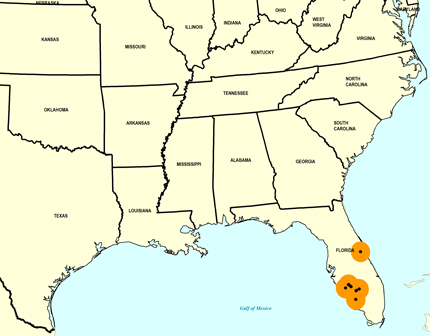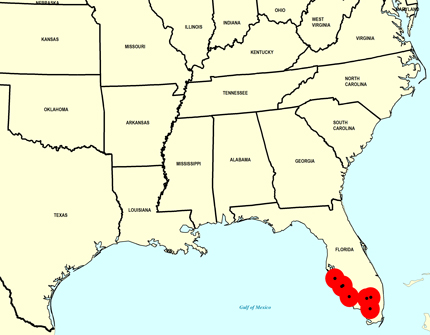
Solenastrea hyades
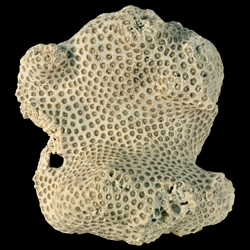
- Phylum: Cnidaria
- Class: Anthozoa
- Order: Scleractinia
- Family: Faviidae
- Genus: Solenastrea
- Species: Solenastrea hyades (Dana, 1846)
Geological Range
Late Pliocene to Late Pleistocene; Recent.
Paleogeographic Distribution
Southern Florida to northern Florida.
Remarks
For information on the modern distribution of the species, see WoRMS.
Original Description (from Dana, 1846, p. 212):
"Convex, erect glomerate and gibbous; polyps scarcely 2 lines broad, with 24 internal lamellae. Corallum light cellular; cells circular, 1.5 lines broad, with the margin annulate as in the pleiades; lamellae very thin; interstices narrow, mostly concave: in a transverse section, stars with 24 rays, septa spongy cellular.
Plate 10, fig. 15, transverse view, natural size.
West Indies. Boston Nat. Hist. Soc.
This species resembles the pleiades, but the stars of the worn surface are larger, and have twenty-four nearly equal rays, the intermediate not being obsolete. The interstices in a vertical section are very delicately cellular and irregularly so, as the rays of the stars seem to be interrupted. In the transverse section, the septum contains generally a single imperfect series of delicate cellules which are seldom angular. In these last characters the species approaches the Caryophyllacea. The cellules of the stars are deep and never decompound. The rays meet in a very narrow fundus which is scarcely convoluted. The specimen affording this description is a subturbinate mass six inches high, four and a half wide at top, with the summit nearly flat."
To access this description in its original formatting through the Biodiversity Heritage Library, click here.
Stratigraphic Occurrences
- Late Pleistocene
- Fort Thompson Formation (S. FL)
- Fort Thompson Formation? (N. FL)
- Middle Pleistocene
- Bermont Formation (S. FL)
- Early Pleistocene
- Caloosahatchee Formation (S. FL)
- Nashua Formation (N. FL)
- Late Pliocene
- Tamiami Formation (Pinecrest Beds) (S. FL)
